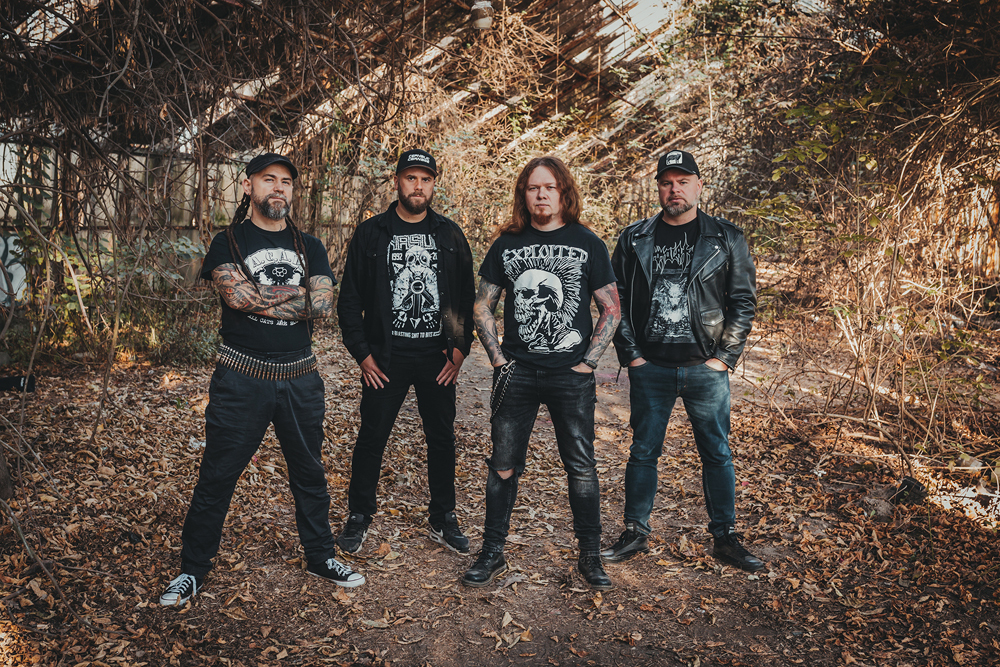A Roman Champion's Journey: Beyond The Triumph

Table of Contents
The Political Landscape After Triumph: Navigating Power and Intrigue
The triumph wasn't merely a parade; it was a powerful political statement. A Roman Champion's military success instantly elevated their social standing, often catapulting them into the heart of Roman politics.
From Celebrated Hero to Political Player:
The transition from military commander to political player was rarely seamless. A successful general suddenly found themselves navigating the treacherous waters of senatorial politics, a world of alliances, rivalries, and conspiracies.
- Examples: Many successful generals, like Pompey and Julius Caesar, leveraged their military prestige to gain significant political power, ultimately shaping the course of Roman history. However, this path was fraught with peril.
- Dangers: Political rivals often saw successful generals as threats, leading to conspiracies and power struggles. The assassination of Julius Caesar serves as a stark reminder of the dangers faced by those who wielded too much power.
- Skillful Alliances: Building and maintaining strong alliances within the Senate was crucial for a champion's political survival and advancement. Navigating the complex web of political factions required astute judgment and strategic maneuvering.
Managing Public Perception and Maintaining Favor:
Maintaining public favor after the initial euphoria of a triumph was a constant challenge. The Roman people were fickle, and a champion's popularity could wane quickly if they failed to maintain their image and prove their continued worth.
- Maintaining Popularity: Champions often used their wealth to fund public works projects (like temples, aqueducts, and roads), organize public games (like gladiatorial contests and chariot races), and engage in patronage, supporting clients and dependents.
- Risks of Disfavor: Falling out of favor with the emperor or the powerful senators could lead to disgrace, exile, or even execution. Maintaining a positive public image was crucial for political survival.
- Propaganda and Public Relations: Roman champions understood the power of propaganda and employed various methods to shape public opinion, including commissioning statues, distributing coins bearing their image, and even spreading favorable accounts of their achievements.
The Economic Realities of a Roman Champion's Life: Wealth, Power, and Responsibility
Military success in Rome often translated into immense wealth. A Roman Champion's economic reality was significantly shaped by the spoils of war and the responsibilities that came with their newfound riches.
Spoils of War and Financial Management:
Victorious campaigns brought immense riches – plunder, tributes, and land grants. However, managing such wealth presented significant challenges.
- Wealth Acquisition: Plunder from conquered territories, rewards granted by the Senate, and the sale of slaves and captured goods created vast fortunes.
- Financial Management: Handling large sums of money required skilled financial managers and prudent investment strategies. Investment in land, businesses, and lending were common ways to increase wealth.
- Corruption and Misuse of Funds: The temptation to misuse funds was ever-present, and instances of corruption and embezzlement were not uncommon amongst Roman champions.
Patronage and Social Obligations:
Wealth in Roman society came with significant social responsibilities. A Roman Champion's economic power was often linked to their role as a patron.
- Supporting Clients and Dependents: Champions were expected to support their clients (political allies and supporters) through financial assistance and patronage.
- Funding Public Works and Games: The construction of public buildings, the organization of games, and charitable donations were important ways to maintain public image and solidify their power.
- Maintaining a Lavish Lifestyle: Roman society expected champions to maintain a lavish lifestyle, reflecting their status and wealth. This added to the pressure to constantly accumulate and maintain their fortune.
Life After Glory: Aging, Retirement, and Legacy
Even the most celebrated Roman Champion eventually faced the realities of aging, retirement, and the inevitable end of their active service.
The Transition from Active Service:
The transition from active military service to civilian life could be difficult for many champions.
- Disillusionment and Loss of Purpose: The absence of military excitement and the challenge of finding new roles and meaning in life could lead to feelings of disillusionment and loss of purpose.
- Physical and Mental Health Issues: Years of combat took their toll, leading to physical injuries and mental health challenges.
- Finding New Roles and Meaning: Some champions transitioned into politics, while others dedicated themselves to managing their estates or pursuing intellectual pursuits.
Securing a Lasting Legacy:
Roman champions were acutely aware of their mortality, and many actively worked to create a lasting legacy that would outlive them.
- Building Monuments and Public Works: The construction of magnificent buildings, temples, and public works served as enduring testaments to their achievements.
- Patronage of Arts and Culture: Supporting artists, writers, and architects ensured their names would be associated with cultural achievements.
- Writing Memoirs or Commissioning Biographies: Champions often sought to shape their image through autobiographies or commissioned biographies, ensuring their stories were passed down to future generations.
- Family and Lineage: Maintaining a strong family lineage was a significant factor in ensuring a lasting legacy, with children and grandchildren carrying on the family's name and influence.
Conclusion: Reflecting on the Roman Champion's Journey Beyond the Triumph
The life of a Roman Champion extended far beyond the celebrated moment of triumph. Their journey was a complex tapestry of political intrigue, economic pressures, and personal challenges. While the triumph symbolized their military success, it was merely one chapter in a longer, more nuanced story. Understanding the full scope of their lives—from navigating the complexities of power to securing their legacy—offers a richer and more complete understanding of Roman history. To further explore the fascinating lives of these influential figures and their contributions Beyond the Triumph, delve deeper into Roman history through reputable sources and academic publications. Continue your exploration of the Roman Champion's Journey; their stories are integral to understanding the Roman world.

Featured Posts
-
 Wes Andersons New Movie Style Over Substance
May 28, 2025
Wes Andersons New Movie Style Over Substance
May 28, 2025 -
 Mc Kenna Impresses Tuanzebe Positive Ipswich Towns Week In Review
May 28, 2025
Mc Kenna Impresses Tuanzebe Positive Ipswich Towns Week In Review
May 28, 2025 -
 Wawali Susetyo Janji Bangun Taman Di Setiap Kecamatan Balikpapan
May 28, 2025
Wawali Susetyo Janji Bangun Taman Di Setiap Kecamatan Balikpapan
May 28, 2025 -
 Marlins Pitching Dominates As Angels Suffer Shutout Defeat
May 28, 2025
Marlins Pitching Dominates As Angels Suffer Shutout Defeat
May 28, 2025 -
 Discover The Shop Where A Winning Lotto Ticket Was Sold
May 28, 2025
Discover The Shop Where A Winning Lotto Ticket Was Sold
May 28, 2025
Latest Posts
-
 Flowers Debiutancki Singiel Miley Cyrus Z Nowej Plyty Recenzja I Analiza
May 31, 2025
Flowers Debiutancki Singiel Miley Cyrus Z Nowej Plyty Recenzja I Analiza
May 31, 2025 -
 Miley Cyrus End Of The World Single Gets Stunning New Visual Treatment
May 31, 2025
Miley Cyrus End Of The World Single Gets Stunning New Visual Treatment
May 31, 2025 -
 The Impact Of Narcissism Miley Cyrus Perspective On Family Relationships
May 31, 2025
The Impact Of Narcissism Miley Cyrus Perspective On Family Relationships
May 31, 2025 -
 Tuerker Inanoglu Na Guelsen Bubikoglu Ndan Gelen O Paylasim
May 31, 2025
Tuerker Inanoglu Na Guelsen Bubikoglu Ndan Gelen O Paylasim
May 31, 2025 -
 Guelsen Bubikoglu Ndan Tuerker Inanoglu Icin Anlamli Bir Paylasim
May 31, 2025
Guelsen Bubikoglu Ndan Tuerker Inanoglu Icin Anlamli Bir Paylasim
May 31, 2025
